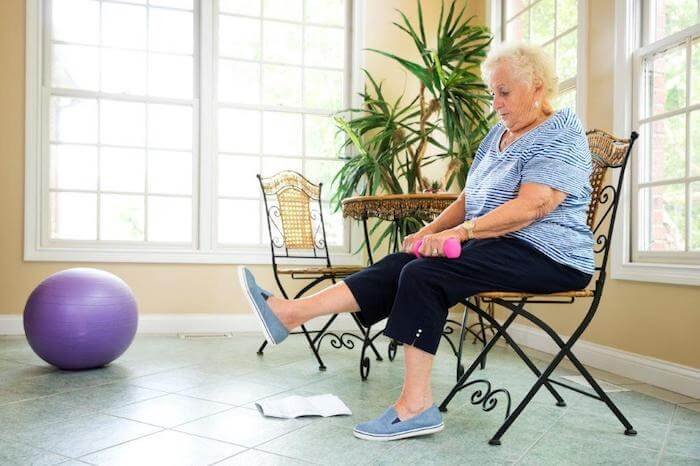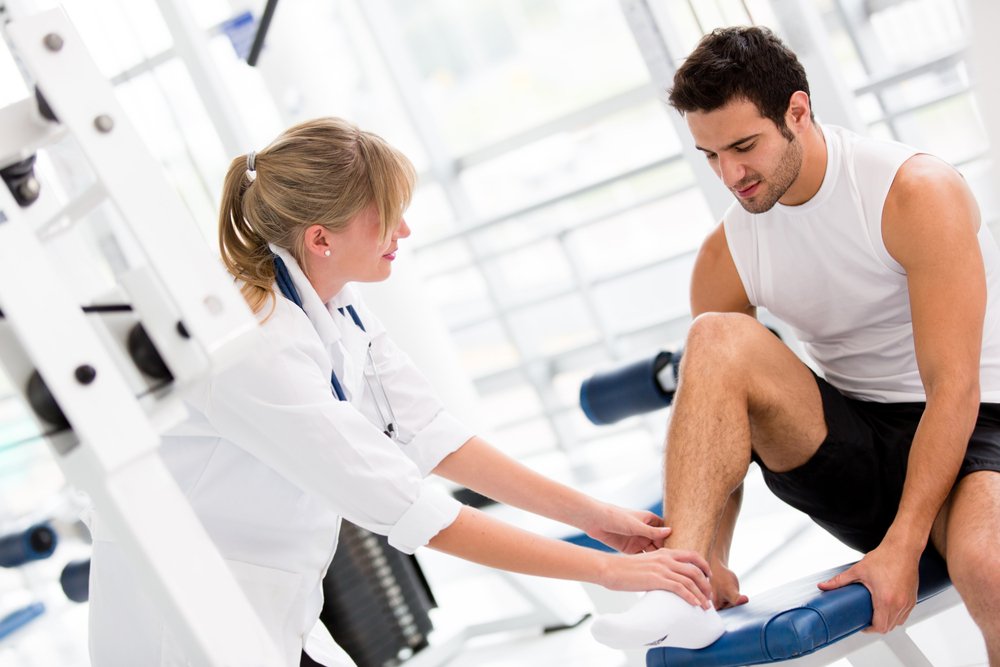Rehabilitation is not just for the body; it is also a powerful tool for the mind. Understanding How Rehabilitation Improves Mental Health can help people feel better and live happier lives. It supports recovery, reduces stress, and boosts confidence.
The Connection Between Rehabilitation and Mental Health
Rehabilitation focuses on more than physical healing. It also helps the mind heal and grow stronger.

Why Mental Health Matters in Rehabilitation
- Stress Relief: Rehabilitation eases anxiety and helps people relax.
- Emotional Support: Working with professionals provides comfort and guidance.
- Increased Confidence: Achieving small goals makes people feel accomplished.
How Rehabilitation Improves Mental Health
Rehabilitation improves mental health in many ways. From better emotional stability to stronger relationships, the benefits are endless.
Physical Activity Improves Mood
Moving your body is great for the mind.
Release of Endorphins
Exercises during rehabilitation release endorphins, which are natural mood boosters.
Better Sleep
Physical activity helps people sleep well, which is essential for good mental health.
Learning New Skills Builds Confidence
Rehabilitation often includes learning new skills or relearning old ones.
Small Wins
Every little success builds confidence and gives people hope.
Problem Solving
Overcoming challenges during rehab improves problem-solving skills and mental strength.
Social Interaction Reduces Loneliness
Rehabilitation often includes working with therapists or joining group sessions.
Group Therapy
Sharing experiences with others creates a sense of belonging.
Support from Professionals
Therapists and trainers offer encouragement and guidance, reducing feelings of isolation.
Benefits of Rehabilitation on Emotional Well-Being
Rehabilitation supports emotional health, which is key for overall happiness.
Reduced Anxiety
Rehab programs teach relaxation techniques that help calm the mind.
Better Coping Skills
People learn how to manage stress and emotions more effectively.
Tips for Making the Most of Rehabilitation
Maximize the mental health benefits of rehabilitation with these simple tips.
Stay Committed
Stick to your rehabilitation plan, even on tough days.
Celebrate Progress
Acknowledge every improvement, no matter how small.
Stay Positive
Focus on what you can achieve instead of what you can’t.
Ask for Help
Never hesitate to ask for extra support from your therapist or loved ones.
Challenges and How to Overcome Them
Rehabilitation can sometimes feel overwhelming, but it is important to keep going.
Dealing with Setbacks
Setbacks are normal. Talk to your therapist and adjust your goals if needed.
Staying Motivated
Surround yourself with supportive people who encourage you to keep trying.
When to Seek Additional Support
If rehabilitation feels too hard or if mental health struggles persist, seek professional help.
Talking to a Counselor
A mental health counselor can provide extra support and tools for managing emotions.
Reassessing Your Plan
Work with your rehabilitation team to adjust your program if needed.
Conclusion: How Rehabilitation Improves Mental Health
Understanding How Rehabilitation Improves Mental Health shows the powerful connection between the mind and body. Rehabilitation helps people feel less stressed, more confident, and emotionally stronger. By staying committed, celebrating progress, and asking for help, anyone can improve their mental health through rehabilitation.











